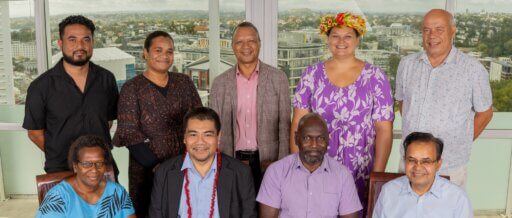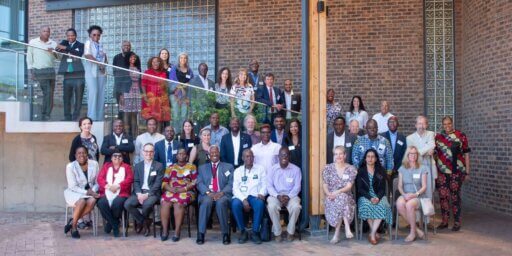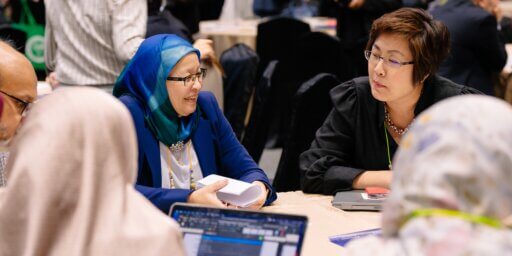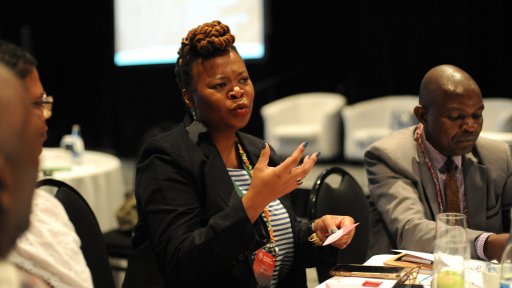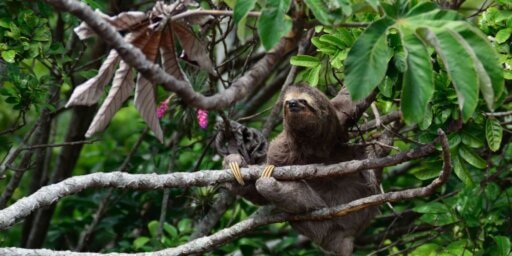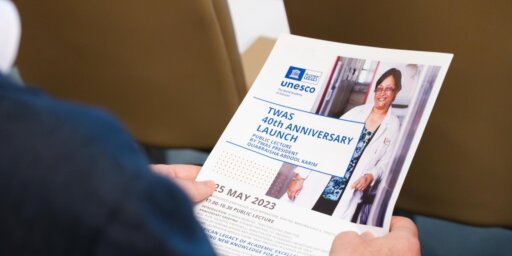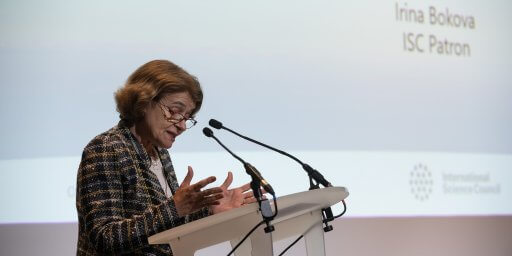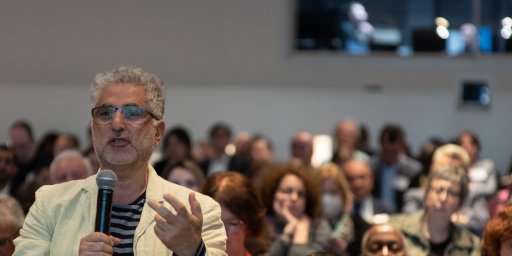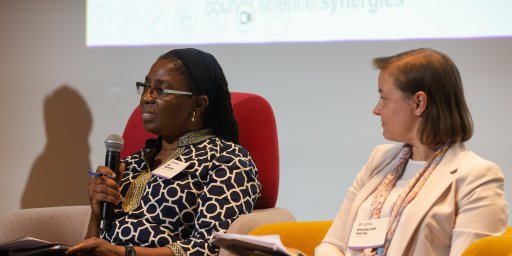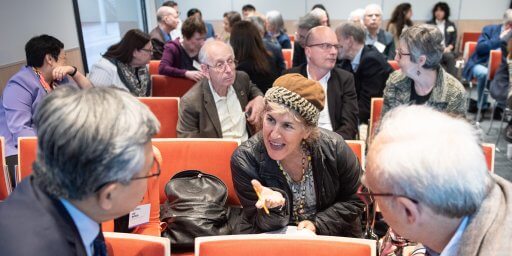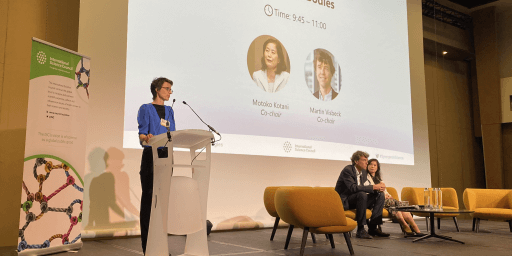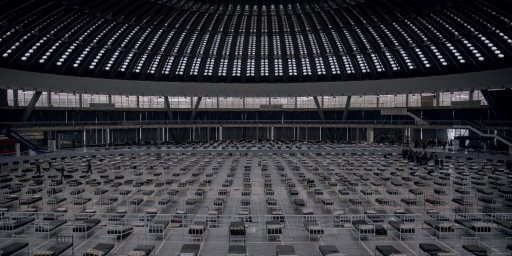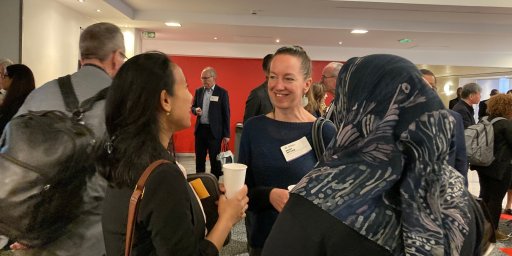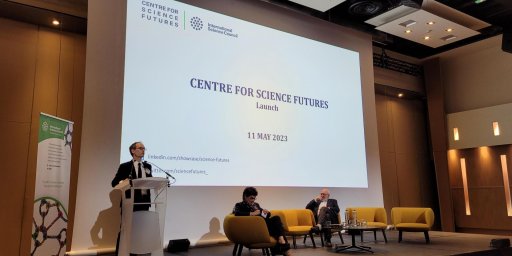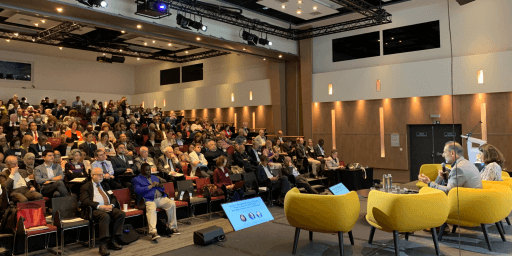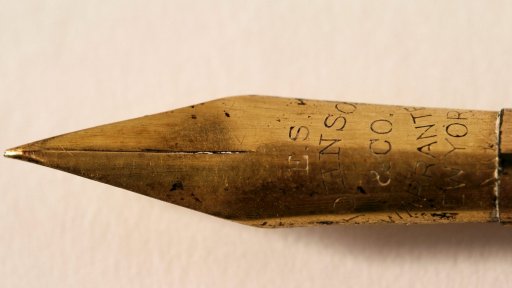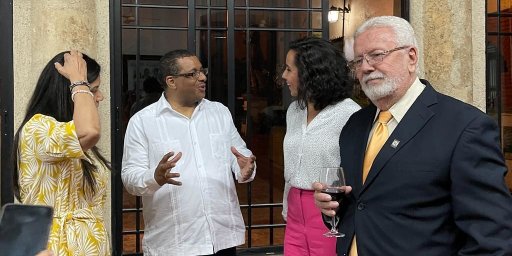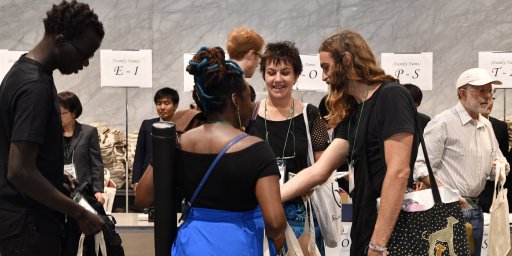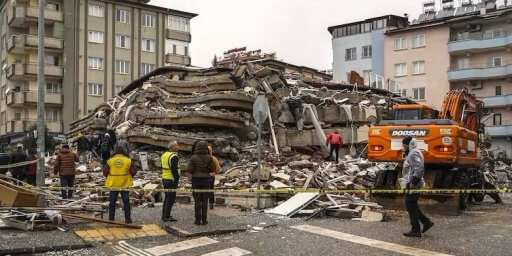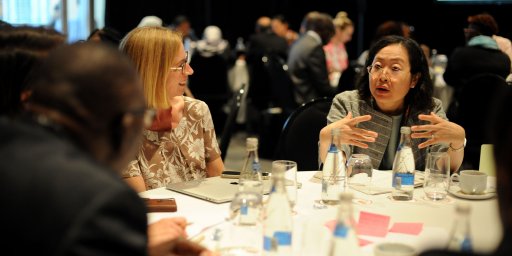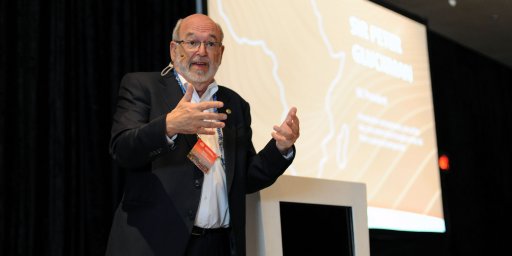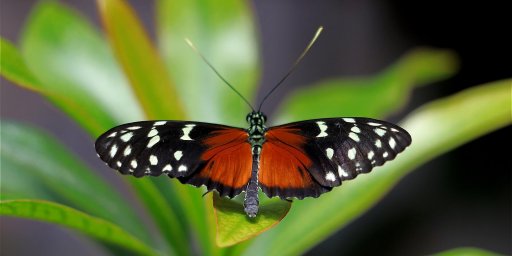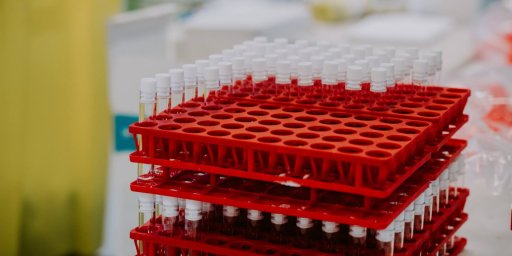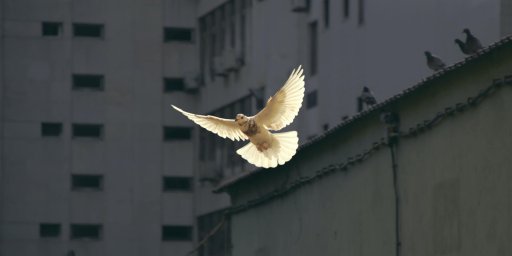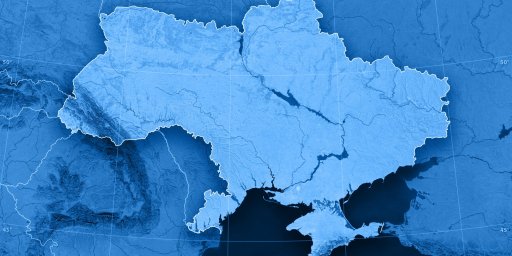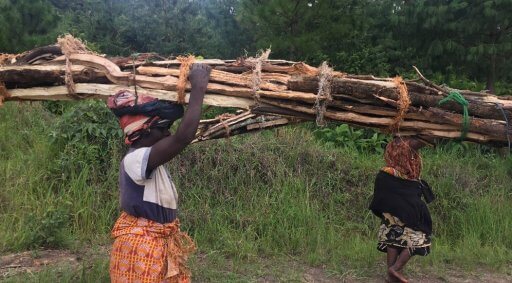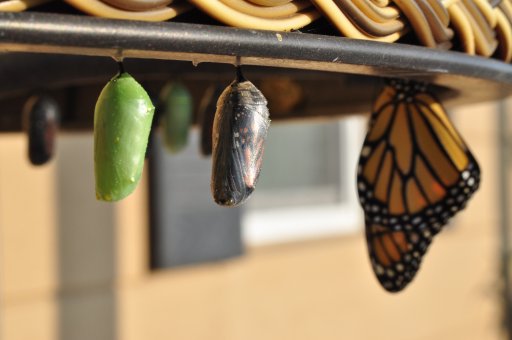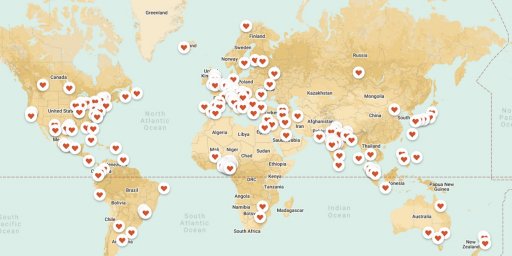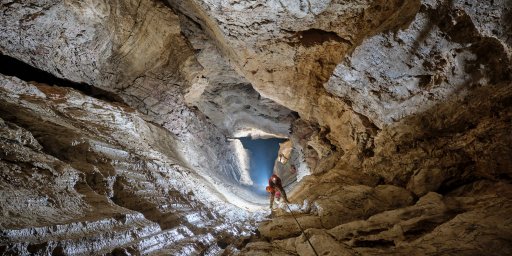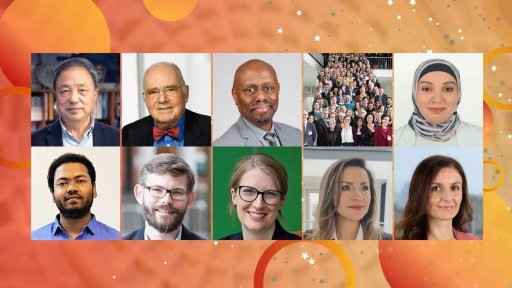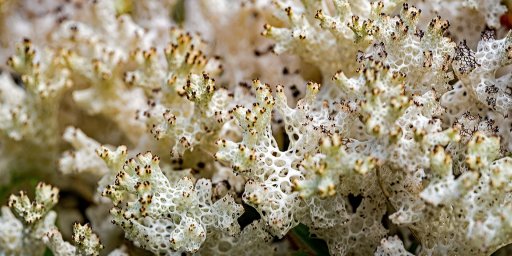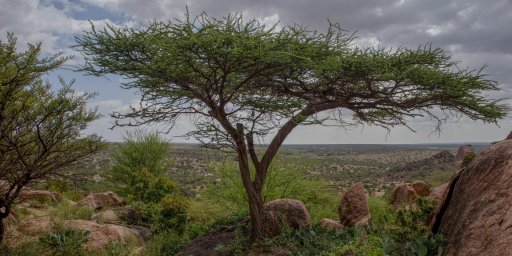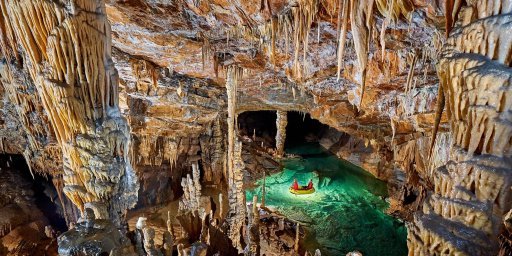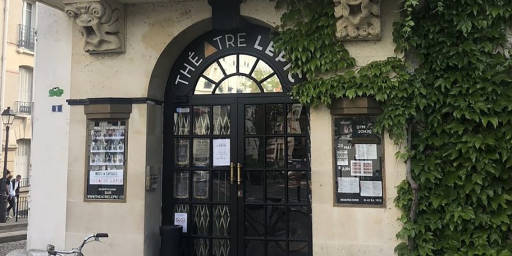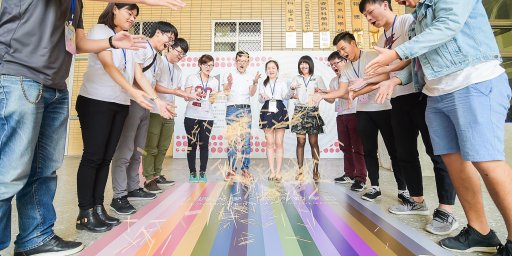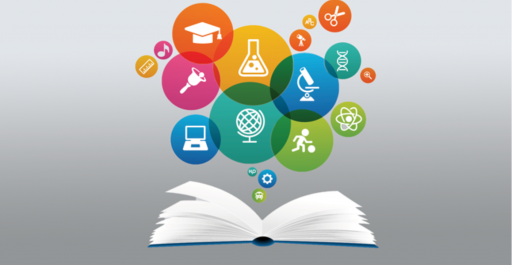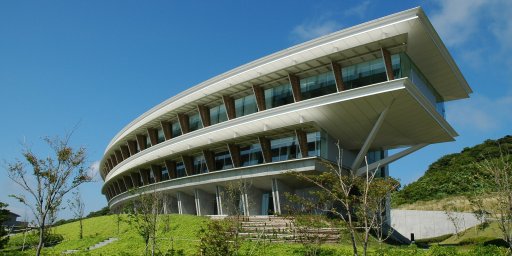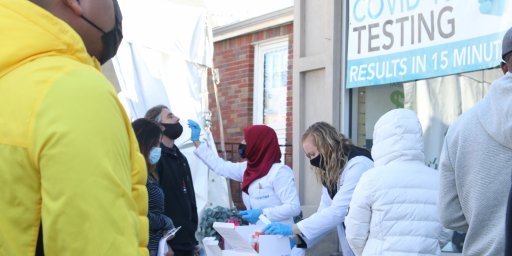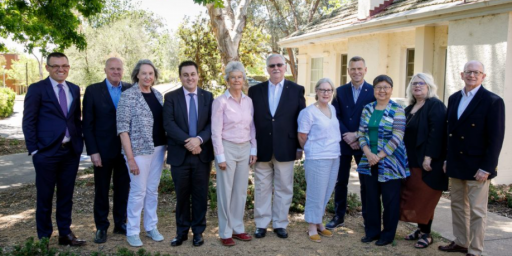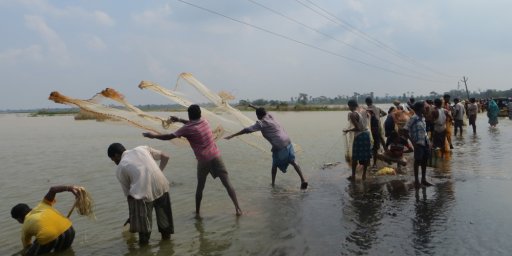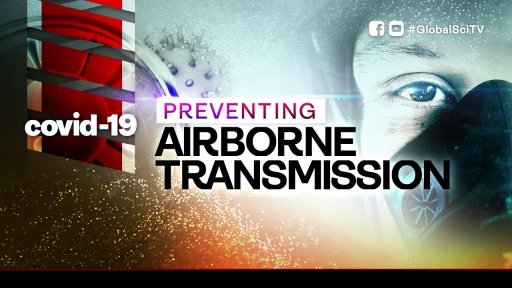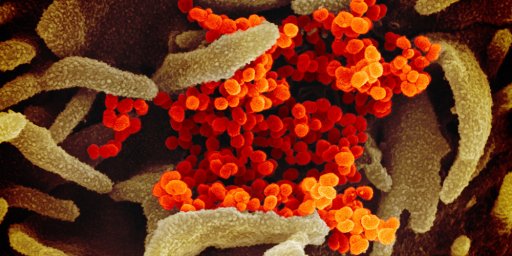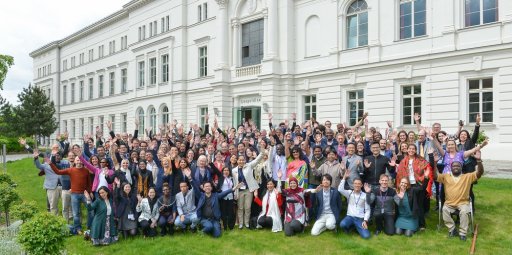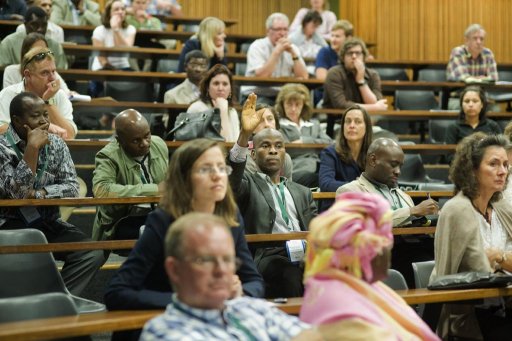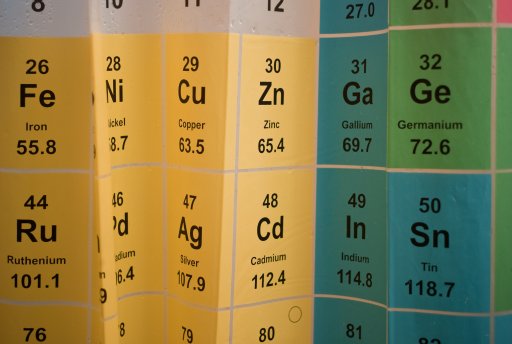The Korean Academy of Science and Technology (KAST) is based in Seongnam, Republic of Korea, and contributes to progressing and raising science and technology in Korea. Supported by its members’ expertise, the KAST impacts policymakers to make sound decisions providing professional evaluation and expert consultation and suggesting innovative vision for advancement of science and technology
The International Cooperation Division of KAST gives more insights on the KAST’s activities and their engagement with the ISC.
As an introduction to the KAST, could you please tell us a bit more about the organization, its activities and its members?
The KAST was established on 22 November 1994, with a mission to promote science and technology by consolidating a creative national foundation. In 2005, the KAST obtained a legal status according to Article 11 (Fostering institutions, managing academic resources) of the Sciences Promotion Act. As a leading science institution of Korea, the KAST plays an integral role in strengthening the foundation of science and technology and preparing to meet the challenges of future needs of our nation and global society. As an independent, autonomous, and non-profit academic organization, the KAST provides professional analysis and scientific advice for policy-makers to take appropriate decisions on policies of science and technology with support of its members’ exceptional professional competence.
The members of the KAST are determined by election by peers, in recognition of distinguished achievement in their respective fields. The KAST undertakes a rigorous screening process to bring in luminaries whose academic excellence has been recognized at home and abroad. To apply for KAST membership, a candidate must receive recommendations from more than three existing KAST fellows or the head of a related organization, such as a university, research institute and/or society in the field of science and technology. Following a review process with dedicated committees, the Board of Directors Meeting will be convened after the final candidate is approved. Once the General Assembly of the KAST confirms, the candidate can be granted membership of the KAST. The KAST membership consists of Fellows, Emeritus Fellows, Foreign Members, Associate Members, Honorary and Patron Members, and Young Korean Academy of Science and Technology Fellows.
Why does your organization and its members consider it valuable to be part of the ISC?
Recognizing common interests in the development and promotion of science and technology, the KAST has decided to partner with the ISC by becoming a member. This is grounded in the mutual recognition of the role of science and technology in a world of complexity. It is widely believed that science and technology have become increasingly influential in society, not only confined to economy and industry. The more the influence of science and technology increases, the more the expected roles and responsibilities of science technicians. The methods of science and technology can be utilized as valuable means and tools to deal with the challenges we face in daily life and respond to the needs from the various stakeholders such as policy-makers.
KAST actively seeks international academic collaboration and interacts with counterparts to reach the highest standards of excellence, and carries out nongovernmental diplomacy responsibilities to advance science and technology in Korea.
What are your key priorities for the next few years? What do you see as the key priorities for science in the coming years?
KAST has played a role of collecting the voices of the experts in the field of science and technology and raising awareness of the public by hosting the events, publishing the documents, etc. In the last few years, the key issues and themes that KAST has prioritized include:
- Artificial intelligence and big data for industrial development
- Plastic pollution
- Protection of marine ecosystems
- Quantum technology
- 4th industrial revolution and policies for food and agriculture
- Response to massive disaster
- Cytotherapy (cell-based therapy) and bioethics
- Fine dust pollution
- Hydrogen economy
In particular, KAST has responded rapidly to the unexpected, but important issues to be dealt with in line with policies and guidelines of the government and international society. For example, the most prioritized issue of KAST at the moment is the response to COVID-19 and identifying solutions to overcome the challenges caused by this pandemic.
Delivering the projects outlined in our 2019 – 2021 Action Plan will highly depend on close collaboration with our members. Are there any projects that you are particularly interested and considering to get involved in?
Considering the key priorities of KAST and the ISC Action Plan, there are several projects that we are interested to get involved in, among them
- Data-driven interdisplinarity (2.1)
- The public value of science (3.2)
- Gender equality in science: from awareness to transformation (4.1)
- The future of scientific publishing (4.4)
With expertise in science and technology as well as possible influence on related policies in Korea, it will be great for KAST to discuss these projects in cooperation with the ISC.
What do you hope to get out of your ISC membership and being part of a global community? What are your hopes and dreams for international science and what would you like to share with others within the global science community?
In the era of uncertainty, it is highly needed to enhance alliance and cooperation to create a better future in the globalized world. Rapid global changes and their complex characteristics are well beyond the scope of a single country or actor. In order to tackle the current challenges, concerted efforts are not an option, but a prerequisite. Advanced science and technology has worked as a means to help people respond to the challenges and find solutions. As a responsible actor, KAST has tried to play a leading role in sharing knowledge on science and technology with stakeholders to raise the consciousness of the public in Korea as well as in the world. In addition, KAST has drawn the lessons and recommendations from joint and collaborative efforts in the form of international cooperation by providing all the necessary works and roles to be expected in the global science community. Within the global science community, KAST hopes to find solutions to address many common problems through information-sharing and closer cooperation in tandem with partners. We believe that the footprints we leave today will be valuable ways to guide others in the future, leading to a more robust collaboration in the field of science and technology.
Learn more about ISC members by browsing the membership online directory.
Image by KAST


